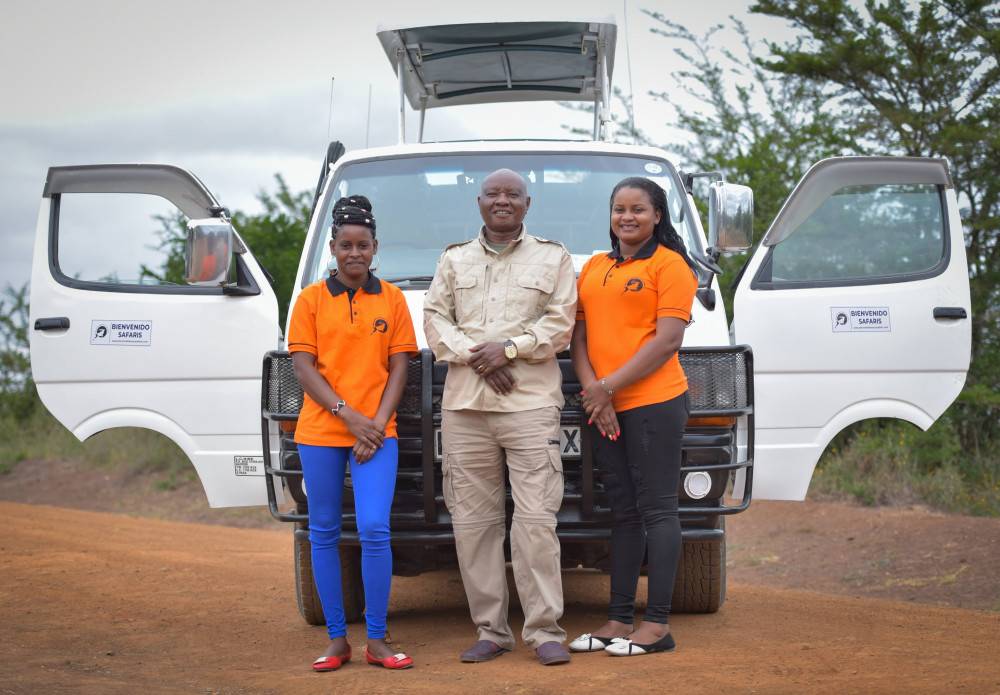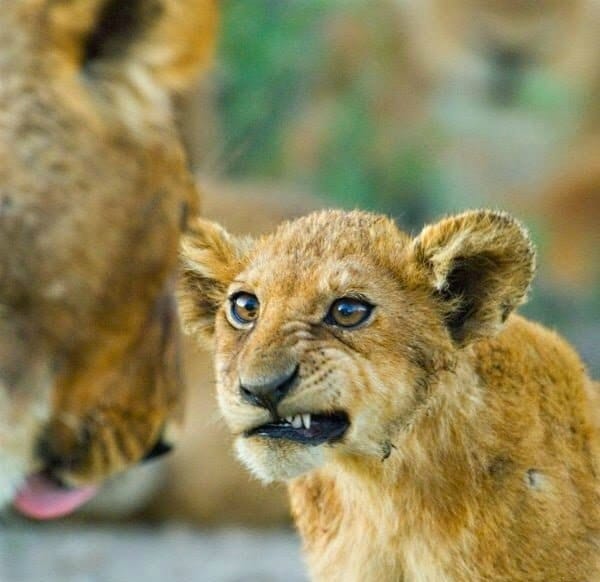Free Reasons To Selecting Diani Beach Taxi
Free Reasons To Selecting Diani Beach Taxi
Blog Article
What Transport Arrangements Should I Be Aware Of During My Time In Mombasa?
Understanding the various transportation options for Mombasa is vital to having enjoying a pleasant and memorable holiday. Here are some key arrangements for transportation to take into account:
1. How to get there from Mombasa
Moi International Airport serves as the main airport in Mombasa. It serves both international and local flights. Mombasa is served by a variety of major airlines.
By Train By Train: The Madaraka express, which is operated by Kenya Railways provides a comfortable and modern rail service between Nairobi to Mombasa.
Bus: Many bus companies offer services to and from Mombasa including Modern Coast and Coast Bus.
2. Local Transportation in Mombasa
Taxis and Ride-Hailing services are readily available. Uber and Bolt ride-hailing service are readily available in Mombasa.
Tuk-tuks are three-wheeled vehicles that are well-known and inexpensive for city travel. They are a great option for short journeys.
Matatus: These are minibuses that share specific routes. This is the most common form of public transport. They are an affordable option but they are also less comfortable.
Boda-bodas: Motorcycle taxis are also available for quick and easy travel, especially for shorter distances and areas with significant traffic.
3. Car Rentals
Self-Drive Car rental services are available at the airport as well as within the city. Car rental firms that are both local and international have a large selection of cars. Make sure to be aware of the local driving rules and conditions.
Service for chauffeurs for those who don't want to drive by themselves, there are chauffeur driven rental cars available.
4. Ferry Services
Likoni ferry Likoni ferry island with the southern region of the city on the mainland. It is required for pedestrians to reach the beach in the south. The cost for this service is a charge for cars.
5. Excursions and day trips
Tour Operators. Many tour operators offer organized excursions such as to the Mombasa Marine National Park Fort Jesus, and nearby beach resorts like Diani, Nyali, and Fort Jesus. These tours usually include transportation.
Public transportation: For self-employed travellers, matatus and tuktuks are great methods to get to the main tourist attractions.
6. Walking and cycling
You can rent bicycles in some areas, particularly along the coast beaches.
Walking is possible in Mombasa. Particularly in the Old Town or along the beach.
7. Tips for travelers
Security: Avoid public transport during the late at night. Use taxis only and reliable taxi services. Keep an eye on your personal belongings.
Negotiation is essential to get taxis and Tuk-Tuks. Since meters aren't widespread, you'll have to negotiate prior to your trip.
Traffic: Expect lots of traffic, particularly around Likoni Ferry or central business district.
You can have a pleasant and relaxed journey to Mombasa if you understand the possibilities for transportation and make the proper arrangements. See the best mombasa city tour for site advice including tours safari africa, tours and safaris in kenya, african safari tours kenya, safari company kenya, african safari tours kenya, tour and travels, africa tours, africa tours, cheap kenya safari packages, kenya tourism and more.
What Cultural Sensitivity Considerations Must I Be Aware Of While Visiting Mombasa In Kenya?
Being sensitive to culture when visiting Mombasa in Kenya is crucial for ensuring that you have pleasant experience and respect the locals. Here are some important considerations to make:
1. Dress according to local dress codes
Mombasa has a large Muslim populace. Dress modestly when in public spaces, religious sites or your local area. The covering of knees, shoulders, and chest is a good idea.
Wearing beachwear. While it's acceptable to wear swimwear at the beach itself but you should cover your skin when leaving the beach and going to nearby eateries or shops.
2. Religious Sensitivity
Visiting Mosques. To visit a place of worship, you must first seek permission. You should also dress modestly. Women must wear a head cover and all visitors should take off their shoes when entering a mosque.
Prayer Times: It is important to keep track of the five times for prayer each day and be respectful in them, especially when they are near a mosque.
3. Photography Etiquette
Request permission to take photographs, particularly in rural or traditional settings. Some people feel uncomfortable or might think that photos are intrusive.
Be careful not to take photos in sensitive places like military bases, government buildings and places of worship that could make photography illegal.
4. Social Interactions
greetings: greeting people courteously is crucial. The most common greeting in Swahili is "Jambo" (Hello). It's common to handshake, but it's more respectful to Muslim women to wait until their hands are extended or just greet verbally.
Personal Space: Be aware of the need to respect the privacy of your own space.
5. Cultural Norms & Taboos
Limit Public Displays Affection. They are generally frowned at.
The Left Hand isn't utilized. Use your right hand for eating, greeting and trading goods or money.
Feet: It's thought to be to be disrespectful to point your soles of your feet at them or to show them.
6. Language and Communication
Basic Swahili Learn a few basic phrases in Swahili will go a long way in creating respect and building relationships with the locals. Some other phrases that are commonly used include "Asante", (thank you) and "Habari", (how are you?). ).
Politeness: Use patience and politeness in your communication. Kenyans are respectful and courteous in their interactions.
7. Respect for local customs
Respecting the traditions of your culture: Be respectful of the ceremonies and customs. When you're invited to an event in your area, follow your hosts and observe their behavior.
Bargaining: Bargaining is common in local and market shops, but do so in a respectful manner and with a sense of humor. It's a common practice, rather than an unfriendly one.
8. Alcohol and Smoking
There is alcohol available to drink however it should be done in a discreet manner. Beware of drinking in public.
Smoking is typically not allowed in public spaces. Smoking is permitted in designated zones.
9. Environmental Respect
The littering problem - Beware of littering and dispose of waste properly. Be respectful of wildlife and natural habitats.
Encourage conservation efforts through respect for wildlife in the local area and their habitats. Avoid buying products that come from endangered species.
10. Helping Local Communities
Local Businesses: Support the local market, local artisans, as well as local businesses, to boost the local economy.
Responsible Tourism - Pick environmentally friendly options and local travel that benefit local people.
If you abide by these guidelines for respect for culture, your trip to Mombasa will be more meaningful, respectful, and enriching. Read the recommended kenya safari packages prices for blog info including travel & tours company, trips to kenya africa, kenya safari tours, kenya safari holiday, travel tour companies, holiday packages mombasa, tours and safaris in kenya, kenya safari beach, kenya africa travel, safar kenya and more.
What Financial Planning Considerations Should I Know Before Holidaying In Mombasa Kenya?
A planned financial trip to Mombasa in Kenya can be a pleasant and enjoyable experience. Take note of these financial considerations:
1. Budgeting
Accommodation: Make a plan and research the accommodations you will be staying in. Prices vary widely based upon the kind of property and the location of lodging.
Include costs for transportation such as taxis, flights as well as matatus (local transport) and car rentals.
Food and dining Food and Dining: Budget for meals, including dining out, and snack items. From budget-friendly eateries to expensive ones, costs can vary.
Create tours and activities. This includes admission fees for attractions and guided tours, as and activities such as safaris as well as cultural tours, water sports and much more.
2. Rates of exchange and currency
Kenyan Shilling (KES): This is the currency of Kenya. Familiarize yourself with the exchange rate.
Currency Exchange Exchange money at reputable banks and currency bureaus. You can also exchange money through your hotel. Don't exchange currency on the street.
ATMs: ATMs are located throughout Mombasa. Check that your card is compatible for international withdrawals.
3. Payment Methods
Cash is useful for smaller transactions, tipping and other places in which credit cards aren't accepted.
The majority of credit cards can be used in hotels, restaurants and larger stores. Contact your bank as soon as you are aware of your plans so you can ensure that your card is not blocked.
Mobile Payments M Pesa is the most used mobile payment in Kenya. system. It's a good option if you are planning to use a SIM card in Kenya.
4. You can save money by following these simple tricks
Travel off-season: Traveling in the shoulder or low season (April through June and from October to November) can save money on airfare and lodging.
Book Early: Booking early will allow you to get lower prices on accommodation, travel, and excursions.
Local eateries. For a truly authentic experience, eat at local restaurants or food market stalls.
5. Tipping
Tipping in Kenya is a normal custom. If you don't have service included, you should tip 10% in restaurants. The hotel can offer tips to staff, drivers, and guides at your own discretion.
It is nice to give small amounts of money in local currency. For instance, you can tip porters about KES 50 to 100 per bag, and housekeepers KES 100 per day.
6. Emergency Funds
Reserve Funds - Have an emergency fund as well as access to extra funds via your debit or credit cards in case you require them.
Travel Insurance: Get an insurance policy that is comprehensive and will cover medical emergencies, trip cancellations and loss or theft of personal belongings.
7. Security
Protect your valuables by storing spare cash, passports, and other valuables in the hotel's safe. Be aware when you use ATMs, particularly at night.
Avoid carrying huge sums Avoid carrying large amounts of money. Separate your cash and credit cards between your wallet and an area that is secure.
8. Local Transactions
Bargaining in local markets is popular. Be courteous and maintain a good humor. You should aim to achieve a fair cost.
Keep records and receipts for all major purchase and transaction. This is useful in tracking your budget, and also in the event that you encounter an issue.
9. Understanding Fees
ATM and bank fees: Ask your bank about charges for international withdrawals. Certain ATMs could charge a fee for using foreign cards.
Currency Conversion fees Be aware that banks may charge currency conversion fees when you make use of your credit or debit card overseas.
These financial planning strategies can help you control your money and spend an enjoyable vacation in Mombasa. Check out the recommended mombasa safari tours for blog recommendations including travel tours in kenya, travel tour companies, kenya safari and beach, tours and safaris, kenya safari and beach packages, mombasa beach kenya, tour firms in kenya, african safari packages, african safari kenya, tours & safaris and more.